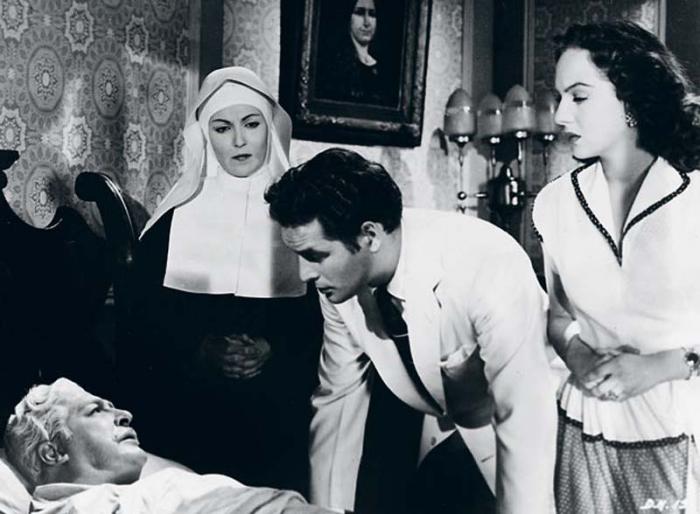For that reason, subjectivity makes criticism be a difficult task. Critics are rejected both for artists and the audience. The artist describes the critic as an inquisitor, and he gets upset whether criticism is negative for him. Anyway, the artist should accept criticism from the positive point of view and be aware that his work can always be improved, since perfection does not exist.
The main art critic’s role is review the work just the way it looks, not in the way he wanted to look at it, highlighting both positive and negative aspects. Four considerations must be taking into account:
• Fulfillment of artistic expression rules.
• Successful or rejection by the audience. Give arguments.
• Consequences of negative impact on the audience.
• Accessibility of language for the average audience.
To exercise criticism at radio, television and the press, the specialists must take into account the audience from the media, mostly from average culture. For that reason, the critics should use properly language, accessible for the audience, while there are specialized radio shows, television programs, as well as articles for professionals, in which technical language can be used.
The art critic is a communicator who has an influence on the audience’s opinion; although he must not reject the receptor’s intelligence who also is able to learn about art from specialists.
There are few shows and program on criticism at Radio and Television. In the case of Cultural magazines, they comprise billboards, artists ‘gossips, historical and biographical outlines, interviews and only a section for criticism works, mainly about films, which not always exercise criticism as such.
To criticize radio and television, specialists need love them and mainly know well about techniques, as well as influence the media have on people. It is not possible to asses a show or a program just by listening or watching it only once. Every critic should become a specialist in the field he wants to criticize in order to gain credibility.
The art critic should know about the radio and television producers and their motivations because that contribute the critic’s assessment, but he should focus on the final result of the show or program, which is translated into listening or watching the media, which is what the audience can perceive.
The press rarely exercises criticism on radio and television, being the latter better off it, and it writes about radio only on the occasion of anniversaries of radio stations or programs. That is why people who work at the radio and television must assume total responsibility of the media, writing about them and accepting criticism in contrast of creation; hence its importance.
Let’s recall the famous Spanish painter Salvador Dalí, who said something like: “No matter who criticize me, the important thing is not being ignored.”




